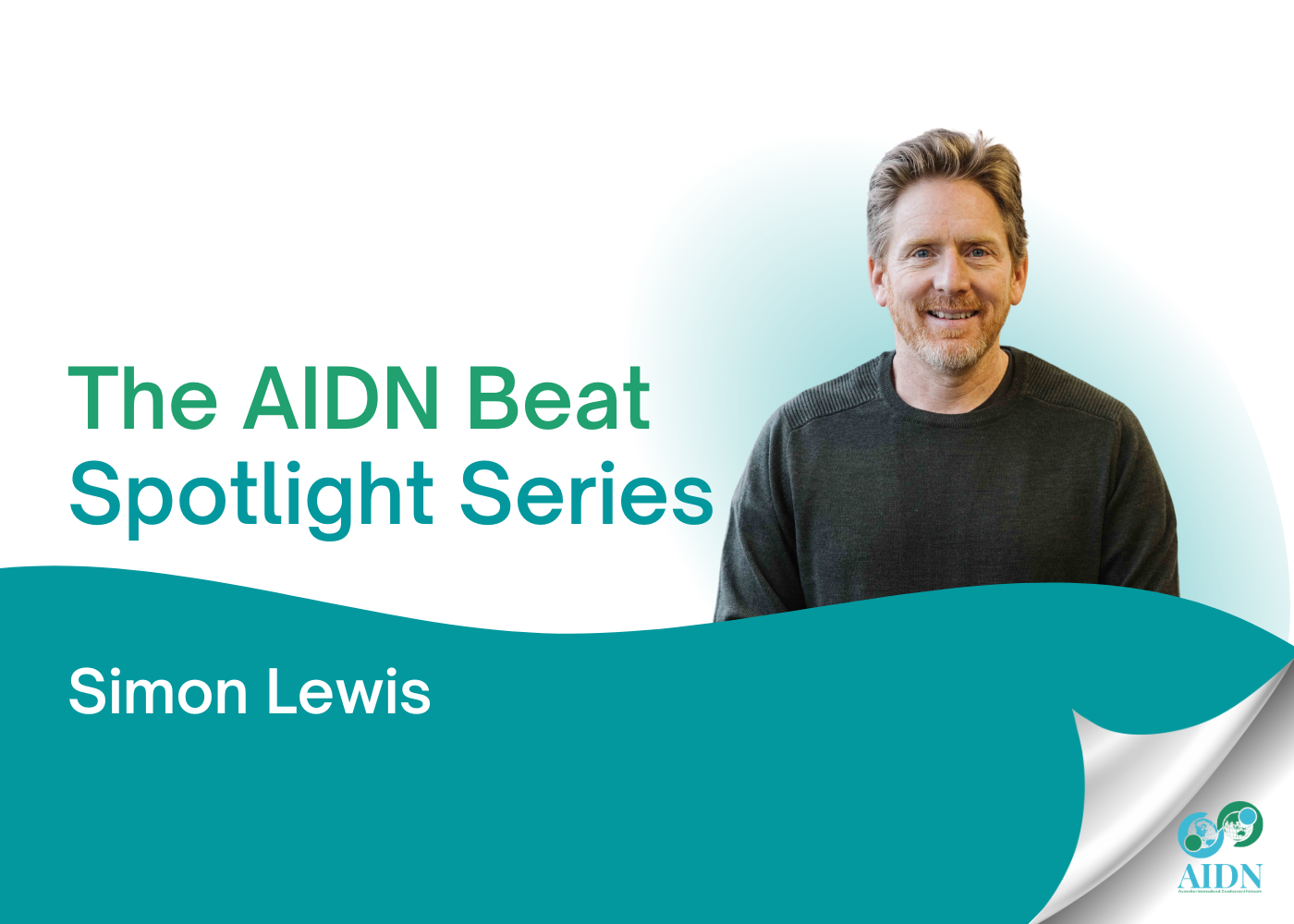How long have you been involved in the international development sector, and what first inspired you to enter the sector?
I grew up in Zimbabwe in the post-independence era, and witnessed big changes introduced to rectify an imbalance of power, ownership and control to better the lives of the ruling majority. Zimbabwe inherited one of the highest literacy rates in Africa and significant agricultural and mining outputs. Together, these factors earnt Zimbabwe precious foreign currency, and favourable loans and terms from the World Bank and IMF to help rebuild the country in its early days. But as a country it remains highly ruralised, with the majority of its population tethered to subsistence farming for their food and trade. When the rains fail, as they often did, disaster strikes. A prolonged drought in 1992 – the worst in living memory – tipped millions into a precarious situation, and starvation. I got involved with a drought relief initiative by our school’s Interact Club to drop food aid. This was an extremely formative moment that I would revisit many years later in 2009 when another drought in Zimbabwe prompted my family to raise further funds in solidarity.
I am not an international development sector practitioner per se, but focus on building networks and funding support. I studied development economics at University. Like many, I am a supporter and admirer of the important work of the international development sector, and those that direct their passion, skills and generosity towards those that deserve our support most.
What have been the biggest changes you have witnessed throughout your time in the development sector, specifically in relation to your area of expertise?
Personally, I believe that the growth of impact capital underpinning entrepreneurship, social business and addressing the capital requirements for communities to build up their independence outside of the foreign aid system has been one of the most important changes. From the early days of microfinance (including the early work of Opportunity International), to the range of models and approaches to bring impact capital to the villages of the world (such as Grameen Bank and YGAP), the growth of impact capital holds the longest term potential for enhancing sustainable impact for these communities. Coupled with granting approaches becoming increasingly focused on local leaders and providing support in a trust-based and relational approach, we start seeing the blended finance bridge linking up and providing a more versatile and holistic impact capital market – that the likes of DFAT are trying to underpin.
 Simon chairing the Co-Impact, AIDN, Minderoo Foundation, Philanthropy Australia and Australians Investing in Women roundtable in Melbourne, February 2025.
Simon chairing the Co-Impact, AIDN, Minderoo Foundation, Philanthropy Australia and Australians Investing in Women roundtable in Melbourne, February 2025.
If you could see one change in the international development sector occur tomorrow, what would it be and why?
I would like to see member recommitment to the OECD’s commitment of 0.7% GNI for foreign aid. I would also like to see a re-appreciation for the value that migrants continue to bring to the shores of the wealthier countries…(they are typically turned on as a tax payer on day one, with all the investment in their human capital made by their home country).
AIDN’s ethos is “more” and “better” international giving from Australians. What does “more” or “better” international giving look like to you? (Feel free to answer with reference to “more” or “better” or both)
As AIDN was initially established as a Chapter Group of Philanthropy Australia, the peak body for our sector, we adopted their overaching mandate to give the same focus and expression to our work for funders with a regional and international focus. Funders typically gravitate to the “better” agenda and AIDN has started to frame a set of guiding principles (The Better Giving Framework) to instigate reflections on, and improve the practice of philanthropy overseas. The Better Giving Framework is also designed to better align funders in their collaborative work; grantees and communities, typically, and unsurprisingly, want to see a greater flow of funds (e.g. ‘more’). This situation has become evermore acute following the recet cuts to USAID and the development budgets of other OECD nations in 2025. As we bring more funders into our network, I am hoping that AIDN can play an important role on both these objectives.
Simon Lewis
Simon is the Co-Founder & Chair of AIDN. Simon is an experienced board member, trustee and former senior executive in the trustee, philanthropy and family office sector. He is the founding partner of the boutique firm GoodWolf Partners where his team advises organisations and foundations in the for purpose sector to invest in a stronger, fairer and more sustainable civil society. Born in Zimbabwe, Simon was a catalyst in the formation of AIDN in 2018.
